Optimal Timing for Exterior Wood Trim Repairs
Exterior wood trim repairs require careful timing to ensure optimal results and longevity. The best time for repairs is during mild, dry weather conditions when moisture levels are low, typically in late spring or early fall. Avoiding extreme temperatures and high humidity prevents issues such as wood warping or improper adhesion of repair materials.
Late spring offers moderate temperatures and low humidity, ideal for exterior wood repairs. This timing allows repairs to settle before summer exposure.
Early fall provides cool, dry conditions that help ensure proper adhesion and curing of repairs before winter.
Refrain from scheduling repairs during winter or peak summer heat, as temperature fluctuations can compromise repair quality.
Scheduling repairs ahead of seasonal changes allows sufficient time for preparation and drying.
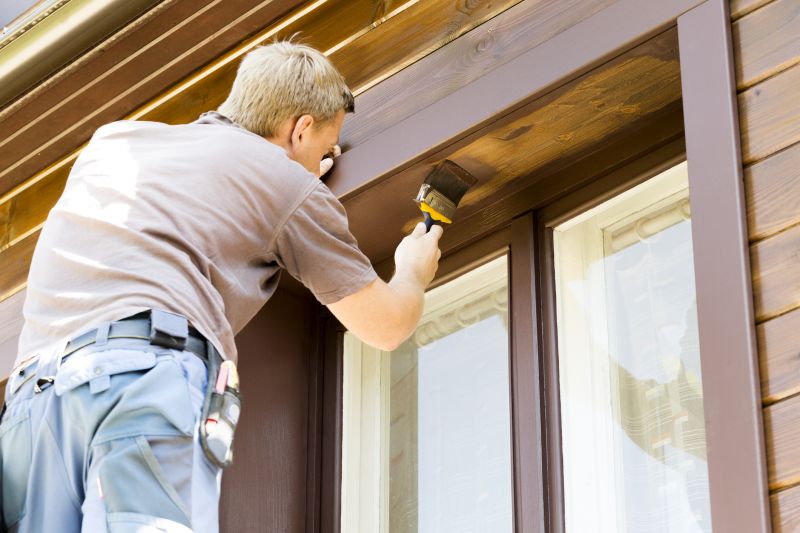
Ways to make Exterior Wood Trim Repairs work in tight or awkward layouts.
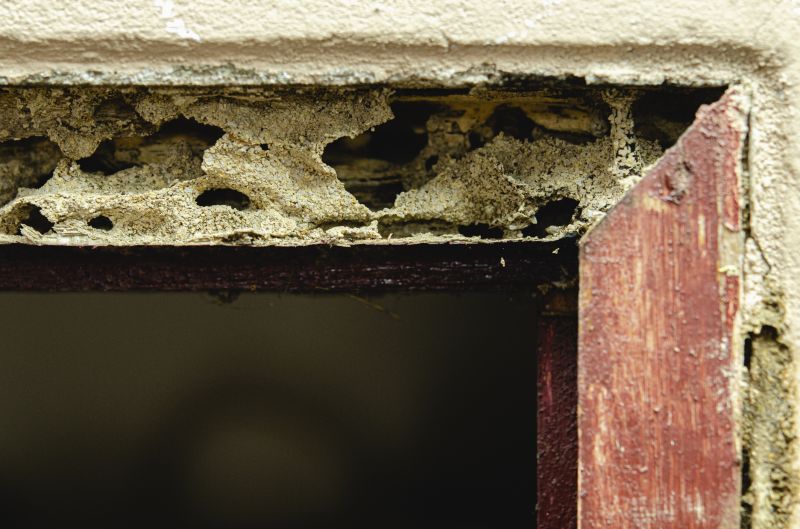
Popular materials for Exterior Wood Trim Repairs and why they hold up over time.
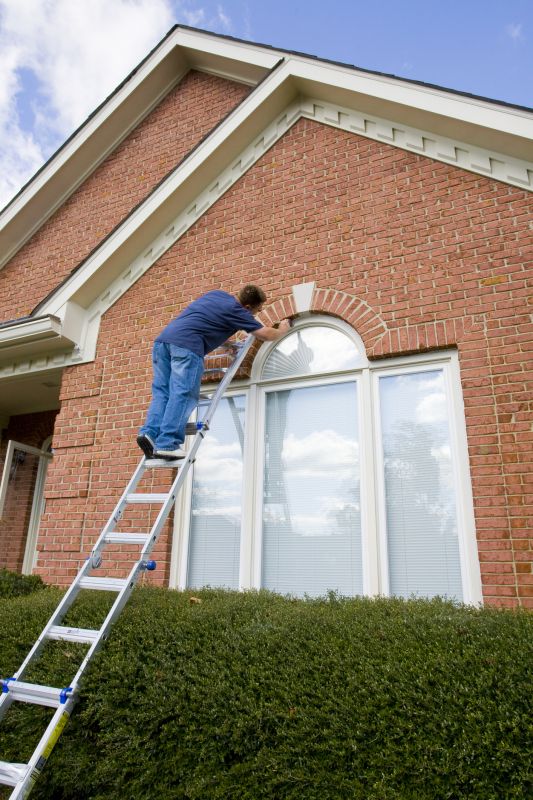
Simple add-ons that improve Exterior Wood Trim Repairs without blowing the budget.
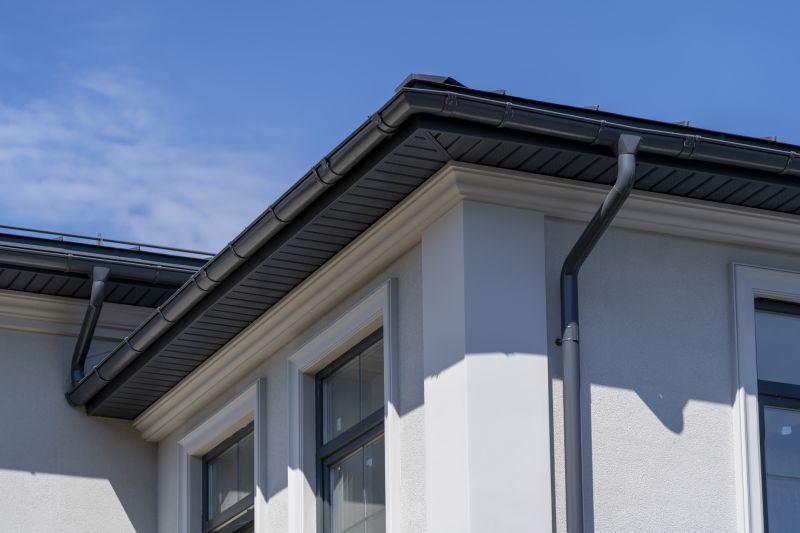
High-end options that actually feel worth it for Exterior Wood Trim Repairs.
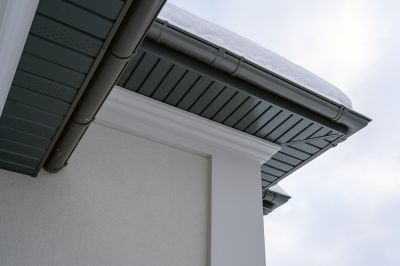
Finishes and colors that play nicely with Exterior Wood Trim Repairs.
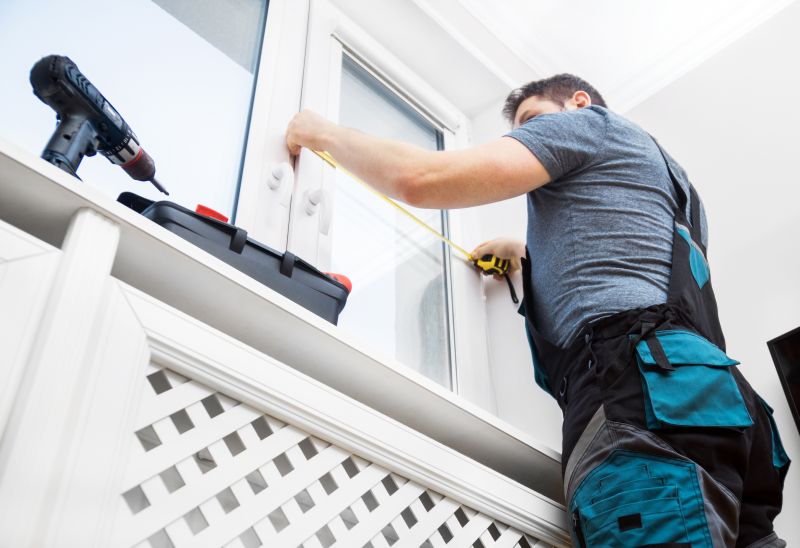
Little measurements that prevent headaches on Exterior Wood Trim Repairs day.
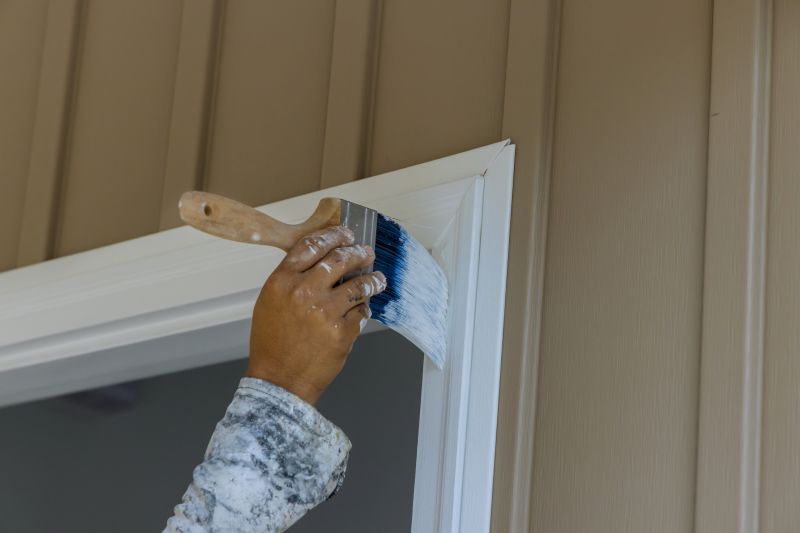
A 60-second routine that keeps Exterior Wood Trim Repairs looking new.
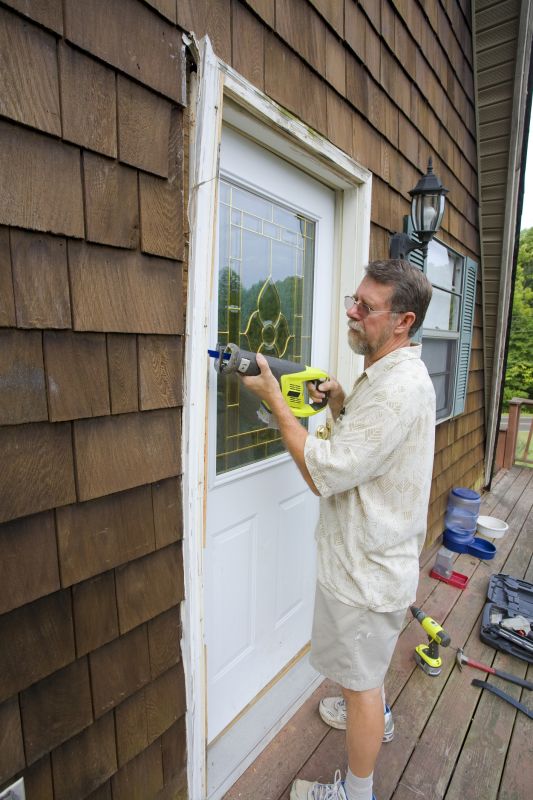
A frequent mistake in Exterior Wood Trim Repairs and how to dodge it.
Exterior wood trim repairs are essential for maintaining the structural integrity and aesthetic appeal of buildings. Proper timing ensures the materials used adhere correctly and that the repairs withstand environmental stresses. Weather conditions significantly influence the success of repairs, with dry, moderate temperatures being most favorable. Timely maintenance can prevent costly damage such as rot, warping, or pest infestation, which often results from delayed repairs or exposure to adverse weather.

Small tweaks to make Exterior Wood Trim Repairs safer and easier to use.
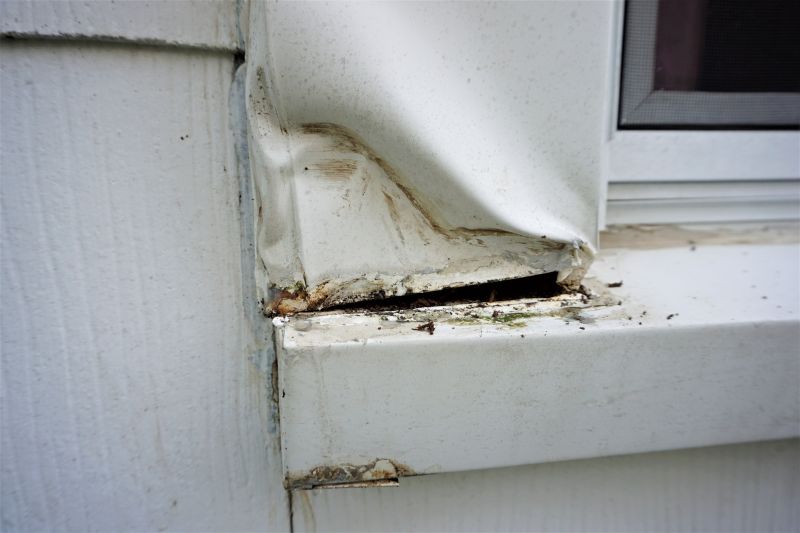
Lower-waste or water-saving choices for Exterior Wood Trim Repairs.
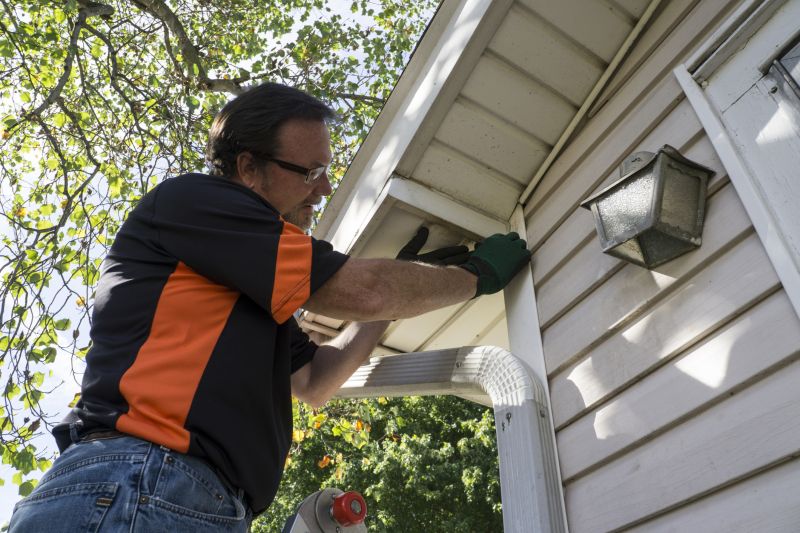
The short, realistic tool list for quality Exterior Wood Trim Repairs.
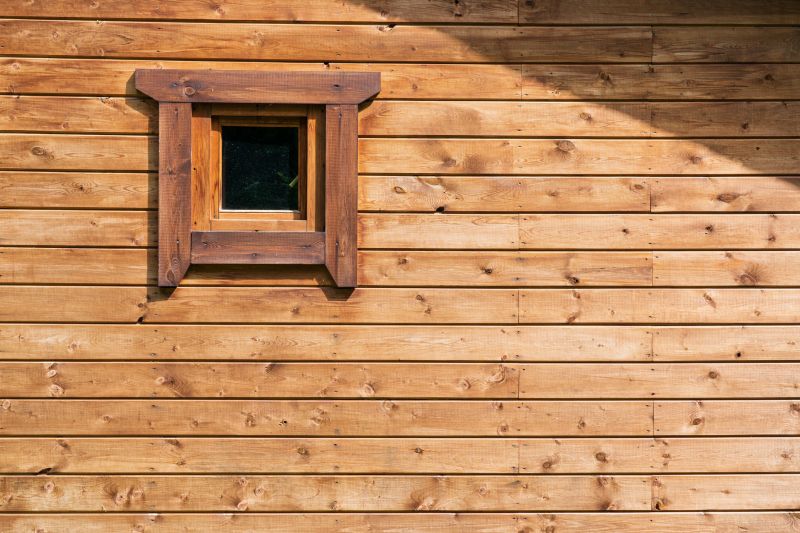
Rough timing from prep to clean-up for Exterior Wood Trim Repairs.
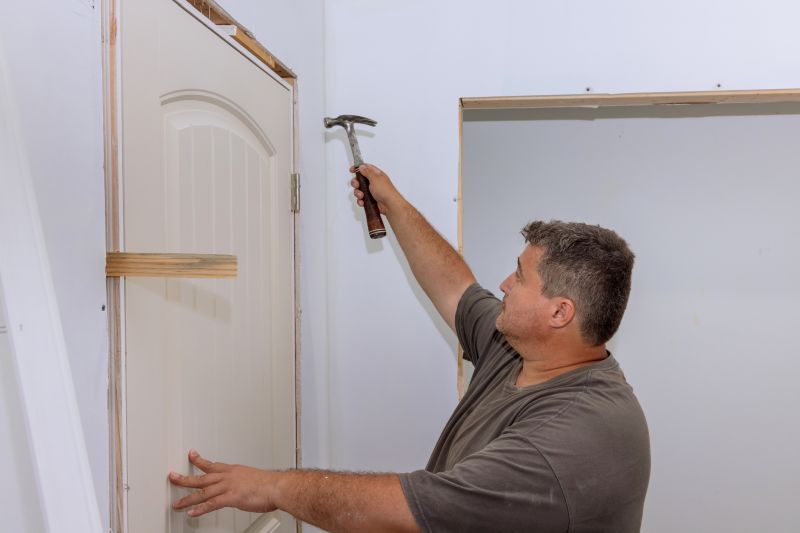
Quick checks and paperwork to keep after Exterior Wood Trim Repairs.
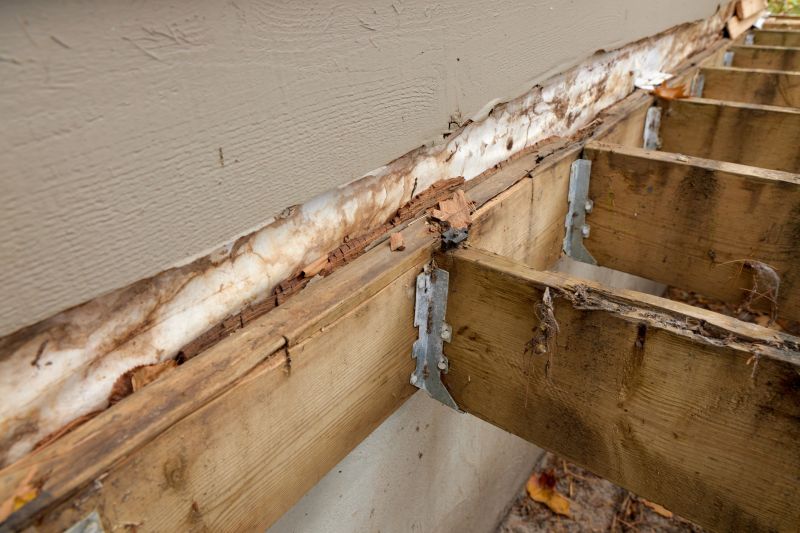
Examples that show the impact a good Exterior Wood Trim Repairs can make.
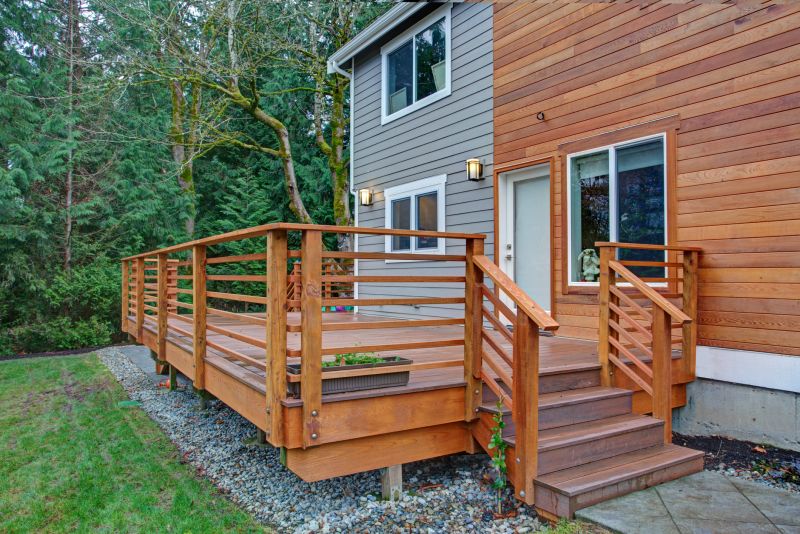
Ways to make Exterior Wood Trim Repairs work in tight or awkward layouts.
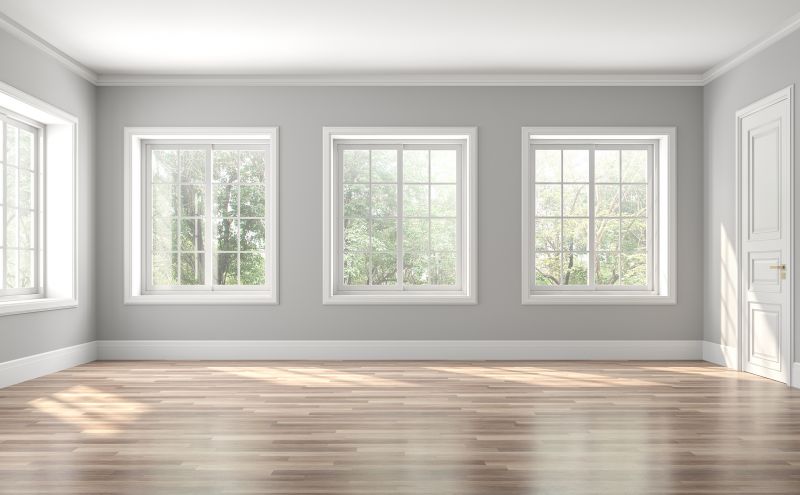
Ways to make Exterior Wood Trim Repairs work in tight or awkward layouts.
Timely exterior wood trim repairs contribute to the longevity of a building's exterior. Regular inspections and maintenance during suitable seasons help identify issues early, preventing extensive damage. Properly scheduled repairs also ensure that protective coatings and sealants are most effective, providing better resistance against moisture and pests.
| Season | Ideal Conditions |
|---|---|
| Spring | Moderate temperatures, low humidity, dry weather |
| Summer | Early summer with stable weather, avoid peak heat |
| Fall | Cool, dry conditions before winter |
| Winter | Not recommended due to cold and moisture risks |
| Late Spring | Optimal for preparation and repairs |
| Early Fall | Best for finishing repairs before cold weather |
Selecting the appropriate season for exterior wood trim repairs can significantly impact the durability and appearance of the finished work. Proper timing allows for effective application of paints, stains, and sealants, which are crucial for protecting wood surfaces from moisture and pests. Consulting local weather patterns and planning repairs during optimal windows ensures the best results.
Interested in scheduling exterior wood trim repairs? Filling out the contact form provides an opportunity to discuss options and plan repairs during the most suitable season for specific needs.



